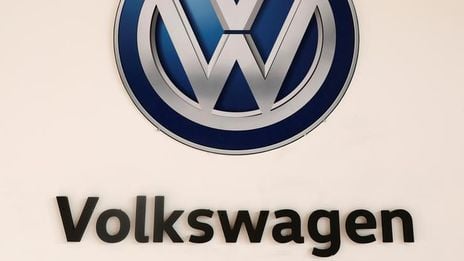In battery cell production, raw materials are an essential, but in some cases also a critical factor. At Volkswagen, sustainability and social responsibility therefore do not start with production, but with the supply of raw materials. For this reason, the Group does not limit its activities to itself and its direct suppliers, but discusses the issue with all stakeholders along the entire value chain. Only in cooperation with industrial partners can grievances be remedied.
First, the Volkswagen Group insists on fair mining conditions at all suppliers and checks whether these commitments are being met. The Group strongly condemns child or forced labor. In general, respect for human rights is an integral part of sustainability requirements. All suppliers are obliged to agree environmental, social and compliance standards with their subcontractors.
Secondly, Volkswagen Group uses exclusively industrially mined cobalt, a particularly problematic raw material in the raw material chain, for its battery cells. Companies that purchase cobalt from illegal small-scale mining do not enter the supply chain. In addition, the cobalt content will be significantly reduced in the next generations of battery cells. This reduces costs and increases energy density. In the medium-term, Volkswagen will reduce the cobalt content from 12 to 14 percent today to less than 5 percent. Completely cobalt-free batteries are also conceivable.
Thirdly, Volkswagen Group is involved in initiatives to ensure compliance with human and environmental rights. These include, for example, the Responsible Minerals Initiative, which is working on a certification system for cobalt melts.
Attachments
- Original document
- Permalink
Disclaimer
Volkswagen AG published this content on 23 September 2019 and is solely responsible for the information contained therein. Distributed by Public, unedited and unaltered, on 23 September 2019 13:06:03 UTC




